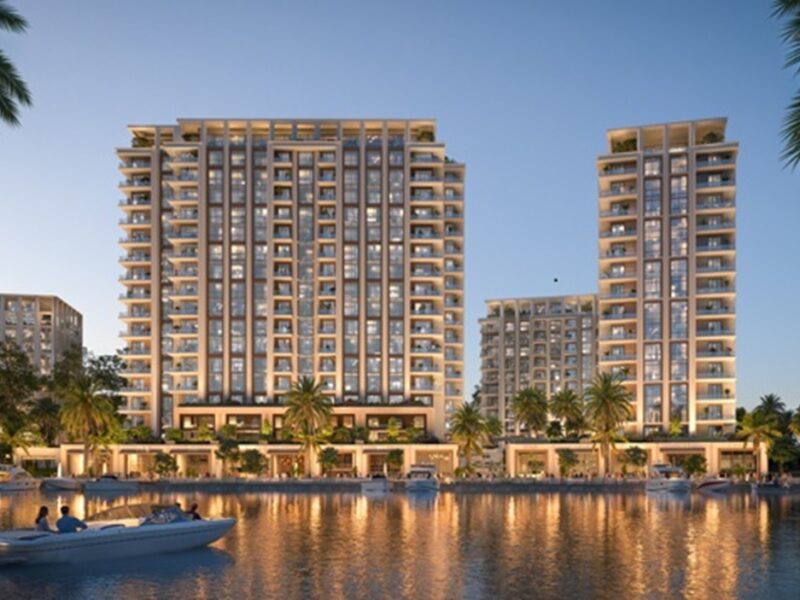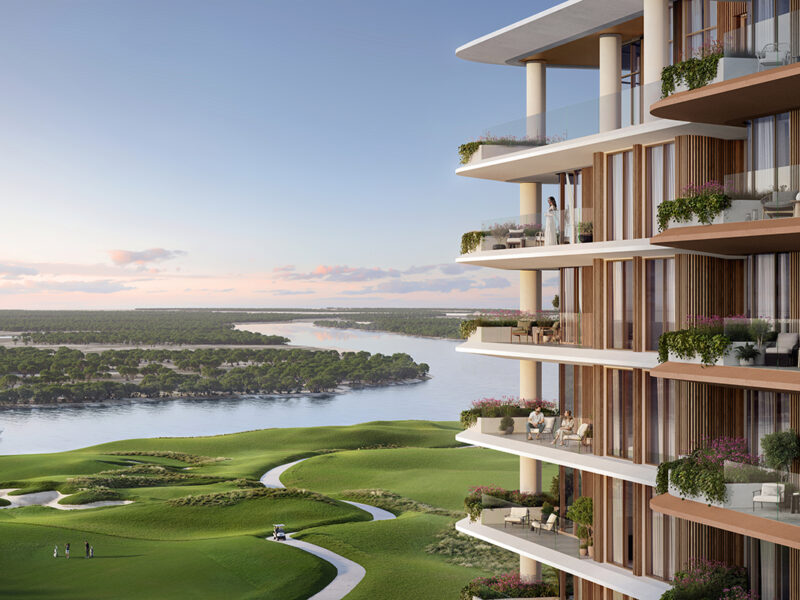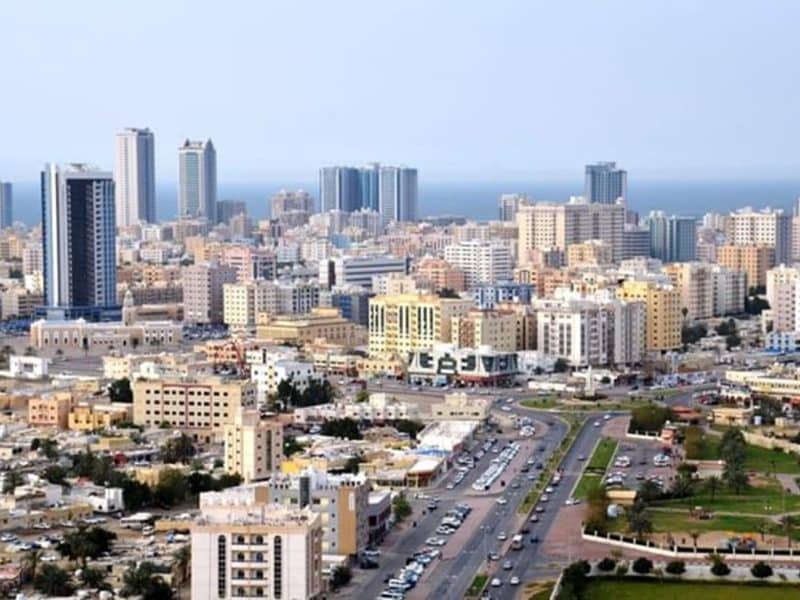With opulent mansions and high-rolling residents, Dubai’s Emirates Hills development is fast becoming the city’s ‘Millionaires Row’, with analysts reporting properties have held their value.
The gated community, where villas prices start at AED14m, suggests Dubai’s luxury property market has been less impacted by the city’s dramatic real estate crash than midmarket homes.
[Click here for details of the UAE’s ultra-luxury homes]
“Emirates Hills has developed a reputation as a prestigious community,” said Renan Bourdeau, managing director of real estate website propertyfinder.ae. “The limited stock, build quality and large plots have helped keep prices way above those seen on the Palm and in Jumeirah.”
Ultra-luxury markets, whether in retail or property, often perform well during economic upheaval as super-rich investors continue to spend despite the wider slowdown. In real estate, this is partly because the mortgage slowdown doesn’t impact wealthy investors, who may capitalise on depressed property prices to bolster their assets.
Mario Volpi, head of sales at Dubai property consultancy Cluttons, said the exclusivity of properties is a good gauge of their popularity during a downturn.
“Agents don’t have these kinds of properties on the market every day, [and] there are high-net worth people coming through and a lot of locals in this price bracket,” said Volpi, who has an Emirates Hills villa priced at AED60m on his books.
Villa owners in the development include the family of the late Pakistani president Benazir Bhutto, founder of THE One interiors store, Thomas Lundgren and Indian petrochemicals tycoon Yogesh Mehta.
“[We’ve had interest from] very high-net-worth individuals. Qatari and Saudi buyers linked to oil, they have spare money,” said Volpi.
The development is particularly popular among rich buyers from emerging markets in Asia and Europe, said Ghassan Ghellal, head of business development at Halcon Properties.
“It’s increasingly popular with cash-rich millionaire and billionaire expats from India, Pakistan and Russia,” he said.
Dubai saw less than 1,700 real estate deals in the first ten months of the year, government data showed, a 70 percent decline on sales made at the housing market’s peak in mid-2008.
Some 1,603 deals were signed off in the ten months to October, down from 5,363 during the same period in 2008, data from Dubai Land Department showed.
Analysts have warned the Gulf state risks developing a two-tier property market where prime properties hold their value, and midmarket units prove increasingly difficult to rent out or sell.
In a research note last month, Cluttons said units in poor locations with limited access to amenities and poor finishes would see ongoing declines in value.
“[Such properties] are falling further in demand and this ultimately reflects in lower values,” the report said. “The supply-demand gap is still apparent in less desirable locations and unfortunately this will be around for some time.”
Some 5,000 new homes are expected to hit Dubai’s market by year-end, property consultancy Jones Lang LaSalle said in a recent report, with a further 27,000 seen in 2012.
Prices for properties in sought-after locations, such as Emirates Hills, Palm Jumeirah and Dubai International Financial Centre, fared better in the third quarter, Asteco said, with units largely holding their value. Sales prices and rents for villas declined 1 and 4 percent respectively, largely in response to the summer lull and Ramadan.
Property prices in Dubai soared after the city opened its real estate sector to foreign investors in 2002, granting them freehold ownership rights at many developments.
From start-2007 to mid-2008, prices rallied almost 80 percent, Morgan Stanley estimates showed, with billions of dollars worth of new projects launched by local developers.
But the global financial crisis burst the emirate’s property bubble, wiping more than 60 percent off house prices in the city and sending speculators fleeing from the market.








